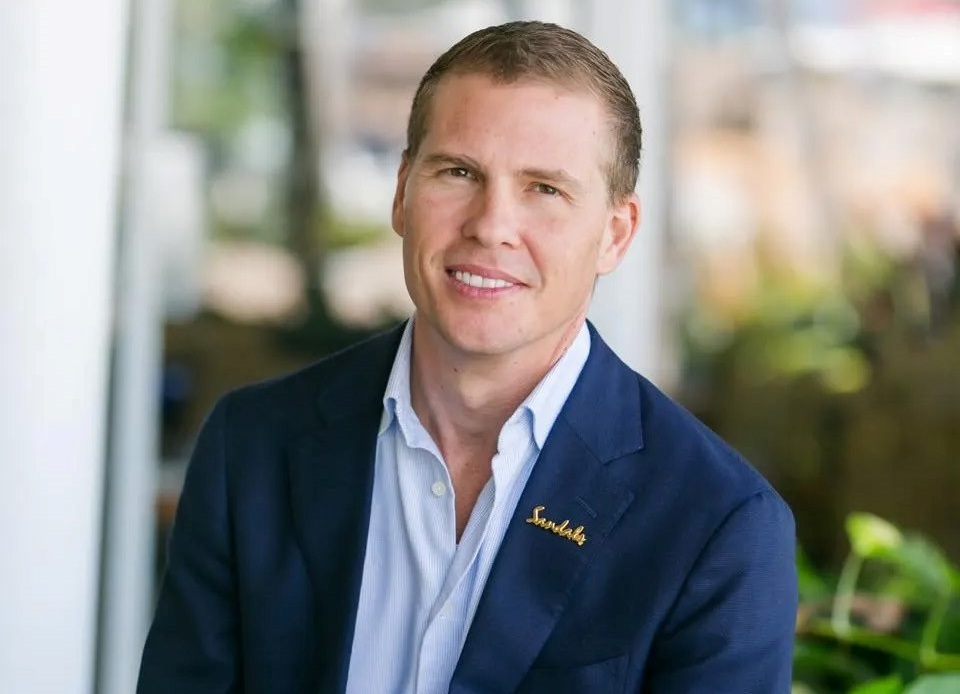Rashaed Esson
Staff Writer
#Jamaica, May 30, 2023 – Jamaica is walking the road to Artificial Intelligence (AI) integration in its corporate realm as an AI program called DISA (Digital Intelligence Sales Agent), which automates telesales and customer service processes, is being introduced to the country’s outsourcing sector.
This new development for the island is bred from the collaboration of ACCESS Sales Group, the sales division of the ACCESS Group of Companies — a financial and sales programme management and technology company with operations in the United States, Canada and the Latina America and the Caribbean (LAC) region, with Vocodia, an AI software company based in Florida and the developer of DISA.
Larry Hunt, CEO of the ACCESS Group of Companies expressed why Jamaica was chosen. He said, “Jamaica is at the top of our list for the roll-out of DISA to the region because of its strong position in the outsourcing industry.” He also referred to Jamaica’s strong cultural affinity with North America, highly educated workforce, and favorable business environment.
Hunt continued to highlight the benefit of DISA, comparing it to outdated technology.
“Call centres, BPOs and businesses that rely on phone sales will now be able to use DISA to support their live agents in their interaction with clients. DISA uses actual live agents to record scripts and responses — unlike old, bionic-sounding technology — and never goes off-script. It can be tailored to the specific goals, budget, and unique requirements of a particular company.”
requirements of a particular company.”
Additionally, DISA is capable of servicing any industry that deals with inbound customers calling in for FAQs, which can be transferred to a live agent to handle escalated calls. For outbound calls, it can make calls to consumers or businesses to pre-qualify them prior to transferring them to a live closer.
Hunt informed that local companies are showing interest in DISA, pointing out that traditional telemarketing practices are time consuming and costly.
However, he made sure to refer to the importance of live agents saying they “are crucial as closers or problem solvers in the telemarketing process,” emphasizing that the program is not geared towards replacing human sales or customer support agents but instead, enhancing their capabilities.
Considering that, he alluded to DISA’s lack of error and limitations unlike the live agents.
“DISA significantly supports their operations by providing a level of consistency where agents may have physical limitations. It can handle up to 400 outbound calls per day and up to 20,000 simultaneous calls, compared to a high-quality agent that can only handle an average of 150 calls or less per day.”
He continued to inform of the pros of DISA.
“Our business customers have come to realise that DISA’s ability to handle far more significant volumes of calls provides a level of consistency and leaves their agents to be more productive and engaging with their customers when closing sales or handling escalated customer service.”
There are concerns regarding the cost of implementation which Hunt also talked about.
“Primarily, companies are concerned with the cost of integration, human resources to deal with that integration, and the potential costs of new or additional equipment. Integration is as simple as a DID and an API integration, both of which can be handled in minutes and at no cost to them,” he stated.
This initiative, which could put Jamaica ahead of some of its Caribbean neighbour’s in the AI game, follows a 2022 report by the Organisation for Economic Cooperation and Development (OECD) which highlights that several governments in the region acknowledged the value of AI in many economic sectors.


 TCI News1 week ago
TCI News1 week ago
 News6 days ago
News6 days ago
 Bahamas News4 days ago
Bahamas News4 days ago
 News6 days ago
News6 days ago
 Bahamas News3 days ago
Bahamas News3 days ago
 Health2 days ago
Health2 days ago
 Caribbean News6 days ago
Caribbean News6 days ago
 News1 week ago
News1 week ago























